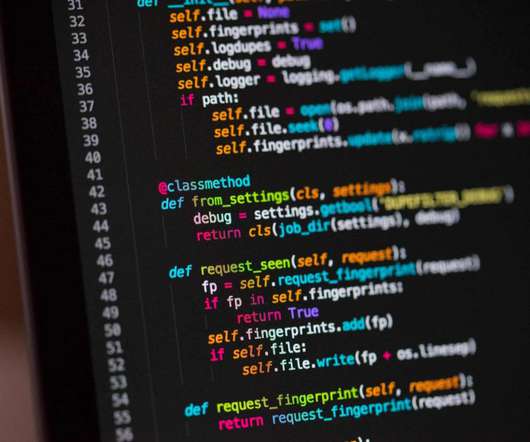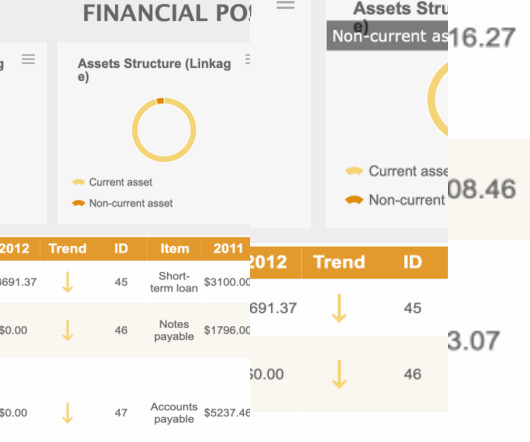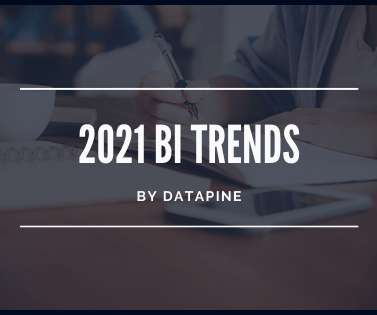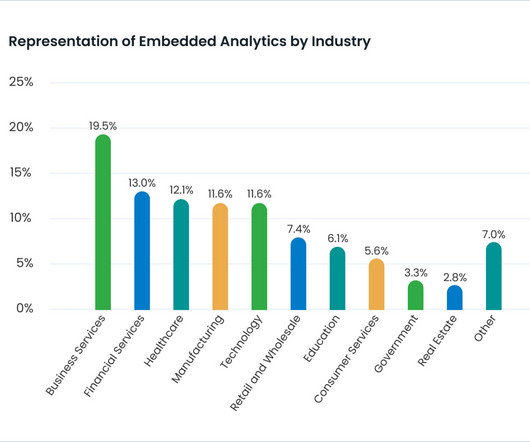Data science vs data analytics: Unpacking the differences
IBM Big Data Hub
SEPTEMBER 19, 2023
Though you may encounter the terms “data science” and “data analytics” being used interchangeably in conversations or online, they refer to two distinctly different concepts. Data scientists will often perform data analysis tasks to understand a dataset or evaluate outcomes.

















Let's personalize your content